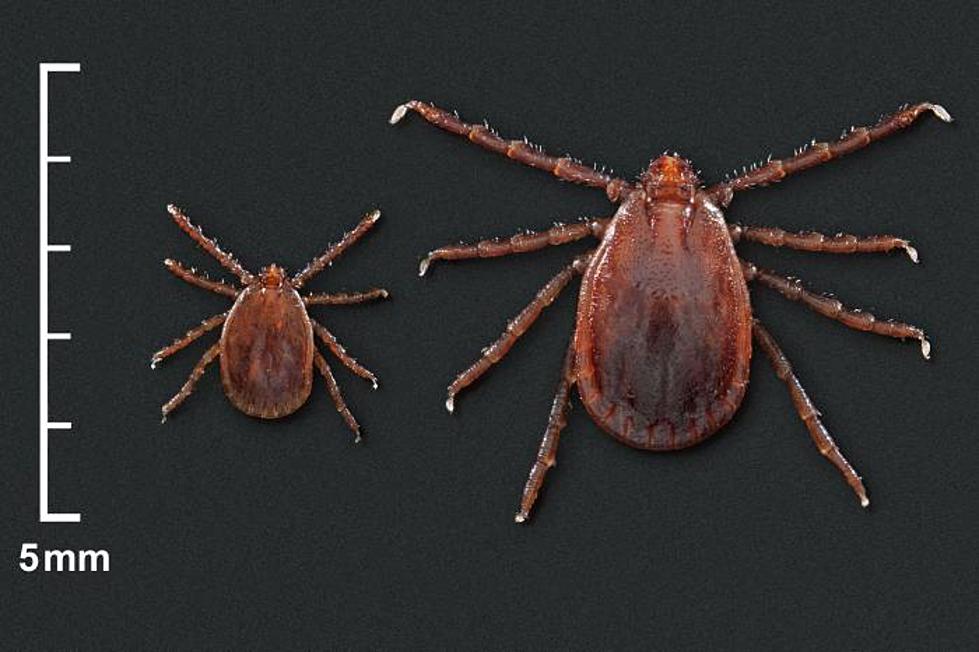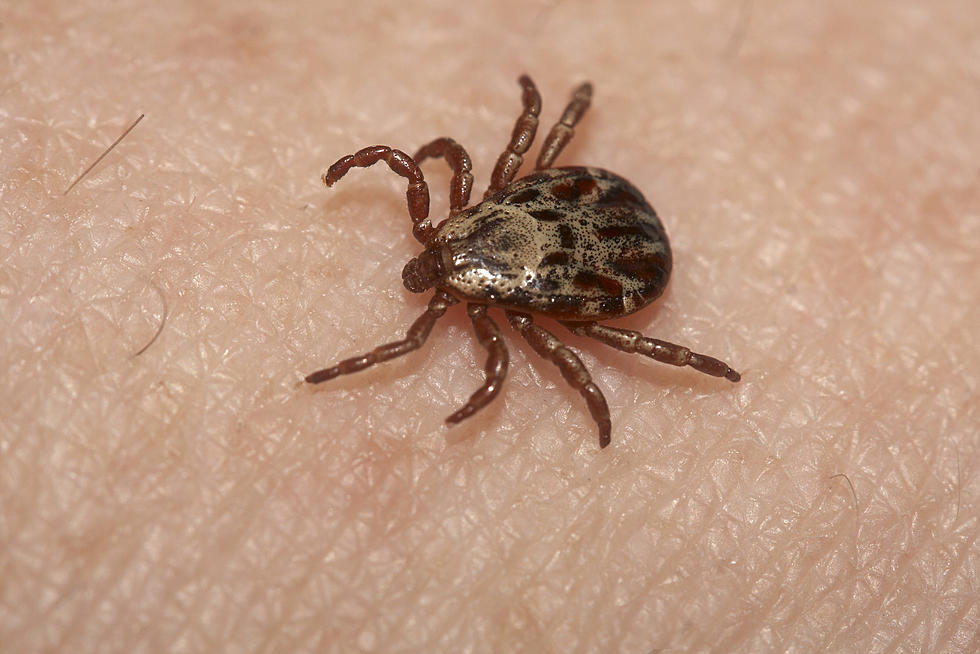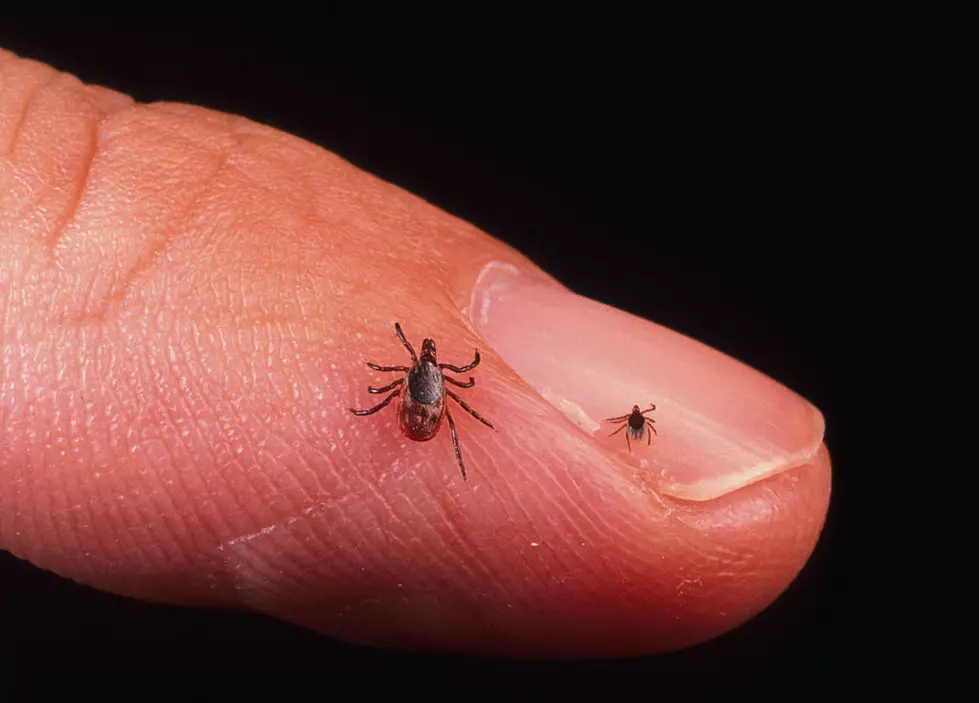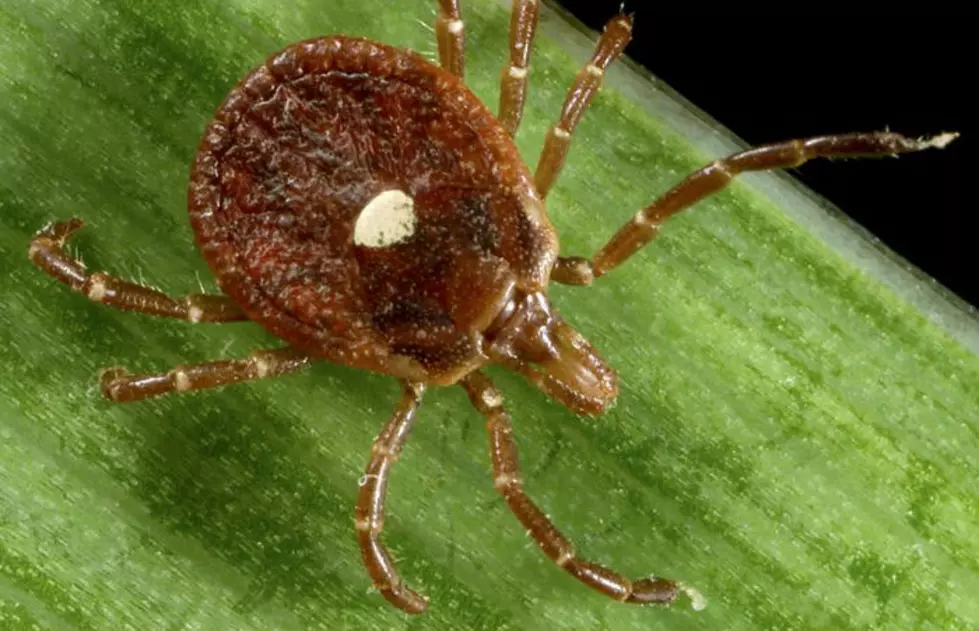
Asian tick, now in 9 NJ counties, traveling by animal
An exotic tick species that has no business being anywhere near the Garden State has been spotted in at least nine New Jersey counties since last decade.
A Rutgers-led study sheds new light on the origin of Asian longhorned ticks and how they may be spreading across New Jersey and the United States.
Despite the species name, it wasn't certain the exotic tick actually came from an Asian country, given the presence of invasive populations in other countries beyond that continent.
But sample testing by research scientists, including Andrea Egizi of the Monmouth County Tick-borne Diseases Laboratory, determined the U.S. population did likely begin with three or more self-closing females from northeastern Asia.
"They can lay eggs that hatch and become viable offspring, and they don't need to mate to do any of that," said Egizi, a visiting professor in the Department of Entomology at Rutgers University—New Brunswick.
As part of the study, experts found evidence that Asian longhorned ticks have been traveling within the U.S. on wildlife as well as through the transport of pets or livestock.
"One thing we uncovered is the ease with which pets, especially dogs, can accidentally help ticks cross international borders and state lines," said senior author Dina Fonseca. "Many countries require dogs to be treated for ticks and other parasites before entering the country, but the United States does not. We urge greater awareness of this issue to prevent future exotic tick introductions."
The study did not specifically state that animals are responsible for the tick's arrival stateside. They could have been transported, for example, by human beings or shipping containers.
Officials in New Jersey were first made aware of the tick's presence in late 2017, when it was spotted on a sheep in Hunterdon County, but subsequent research determined the species has been here since as early as 2013. As of May 2020, according to the New Jersey Division of Fish & Wildlife, the Asian longhorned tick has been found in nine New Jersey counties (Hunterdon, Union, Middlesex, Mercer, Bergen, Somerset, Passaic, Camden and Monmouth) and in 12 other states.
"It doesn't seem like it's going to be going anywhere anytime soon," Egizi said.
The Division of Fish & Wildlife said the loss of blood can kill animals that are heavily infested with these ticks. It's known to go after humans and a wide range of animals. While the Asian longhorned tick has been known to spread a variety of diseases in other countries, in the U.S., it has only been shown to become infected in an experimental setting.
Contact reporter Dino Flammia at dino.flammia@townsquaremedia.com.
MUST SEE: Weird New Jersey Town Names
More From New Jersey 101.5 FM









